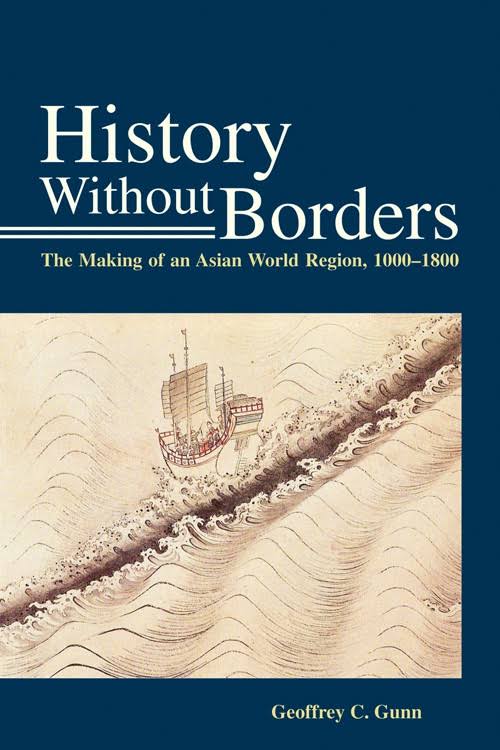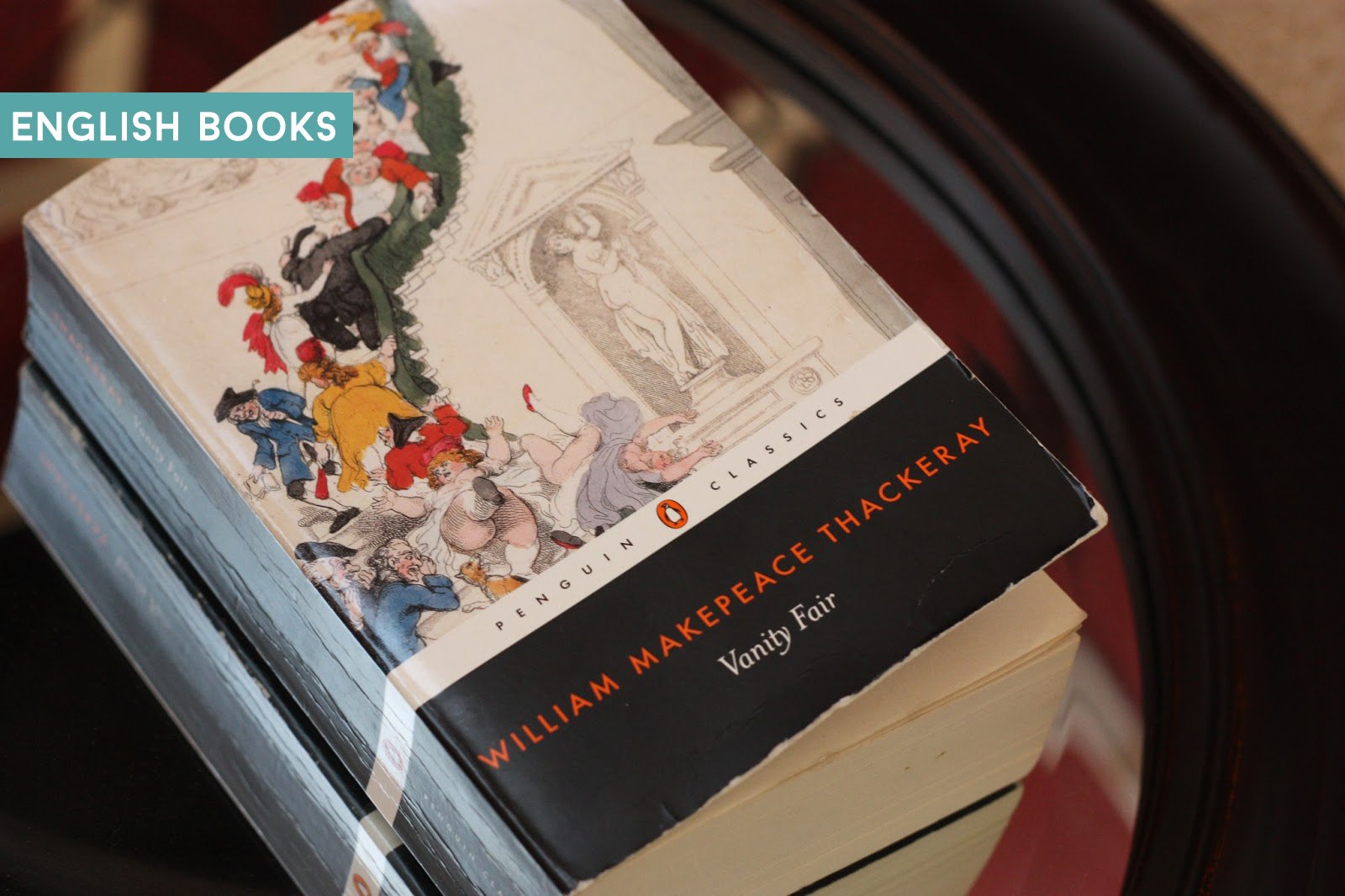A History of the Archaic Greek
1) A History of the Archaic Greek World: ca. 1200-479 BCE – Jonathan M. Hall
Wiley-Blackwell | 2006 | PDF
A History of the Archaic Greek World offers a theme-based approach to the development of the Greek world in the years 1200-479 BCE.
• A Thematic study of this crucial formative period of Greek history, from the same series as P.J. Rhodes’ A History of the Classical Greek World.
• Takes a critical and analytical look at evidence about the history of the archaic Greek World.
• Involves the reader in the practice of history by questioning and reevaluating conventional beliefs.
• Casts new light on traditional themes such as the rise of the city-state, citizen militias, and the origins of egalitarianism.
2) A History of the Classical Greek World: 478-323 BC – P. J. Rhodes
Wiley-Blackwell | 2010 | PDF
Thoroughly updated and revised, the second edition of this successful and widely praised textbook offers an account of the ‘classical’ period of Greek history, from the aftermath of the Persian Wars in 478 BC to the death of Alexander the Great in 323 BC.
• Two important new chapters have been added, covering life and culture in the classical Greek world
• Features new pedagogical tools, including textboxes, and a comprehensive chronological table of the West, mainland Greece, andthe Aegean
• Enlarged and additional maps and illustrative material
• Covers the history of an important period, including: the flourishing of democracy in Athens; the Peloponnesian war, and the conquests of Alexander the Great
• Focuses on the evidence for the period, and how the evidenceis to be interpreted
3) A History of the Hellenistic World: 323-30 BC – R. Malcolm Errington
Wiley-Blackwell | 2008 | EPUB
A History of the Hellenistic World provides an engaging look at the Macedonian monarchies in the period following the reign of Alexander the Great, and examines their impact on the Greek world.
• Offers a clearly organized narrative with particular emphasis on state and governmental structures
• Makes extensive use of inscriptions in translation to illustrate the continuing vitality of the Greek city states prior to the Roman conquest
• Emphasizes the specific Macedonian origins of all active participants in the creation of the Hellenistic world
• Highlights the relationships between Greek city-states and Macedonian monarchies
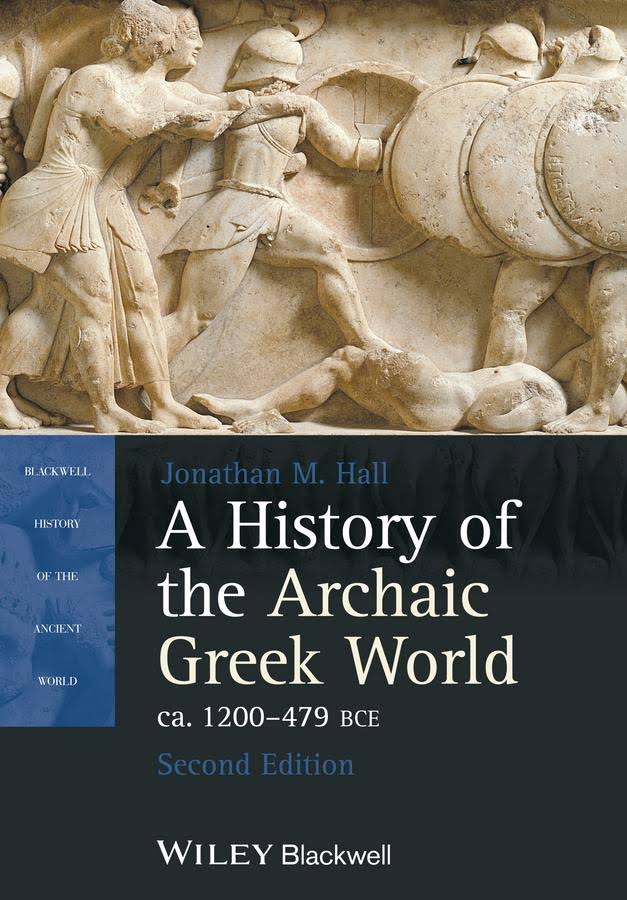 1 / 3
1 / 3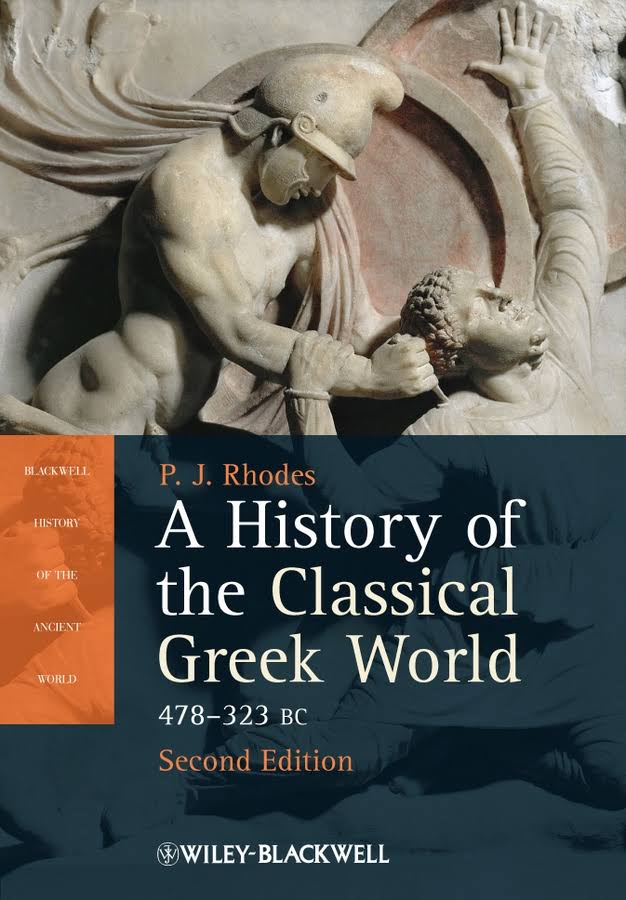 2 / 3
2 / 3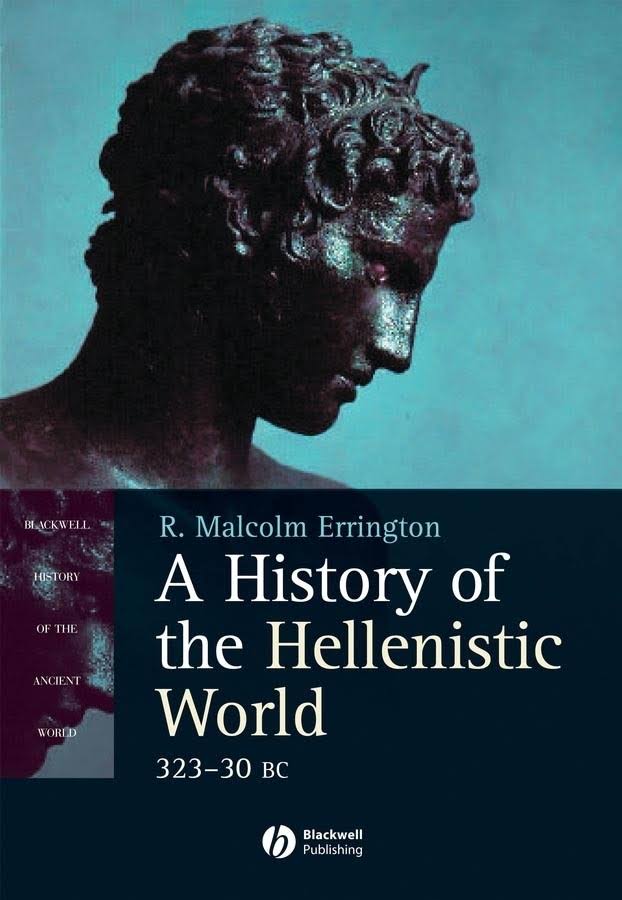 3 / 3
3 / 3